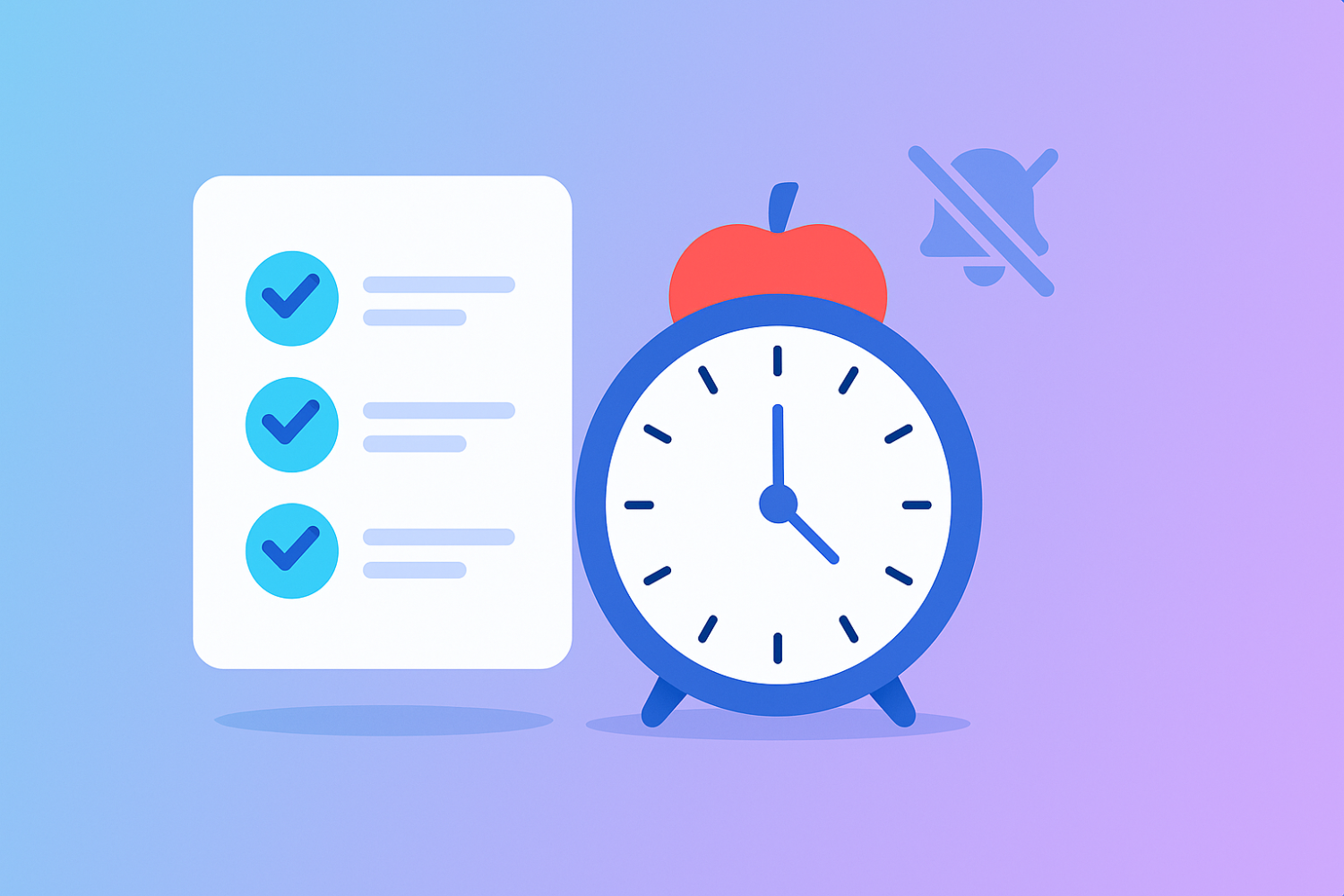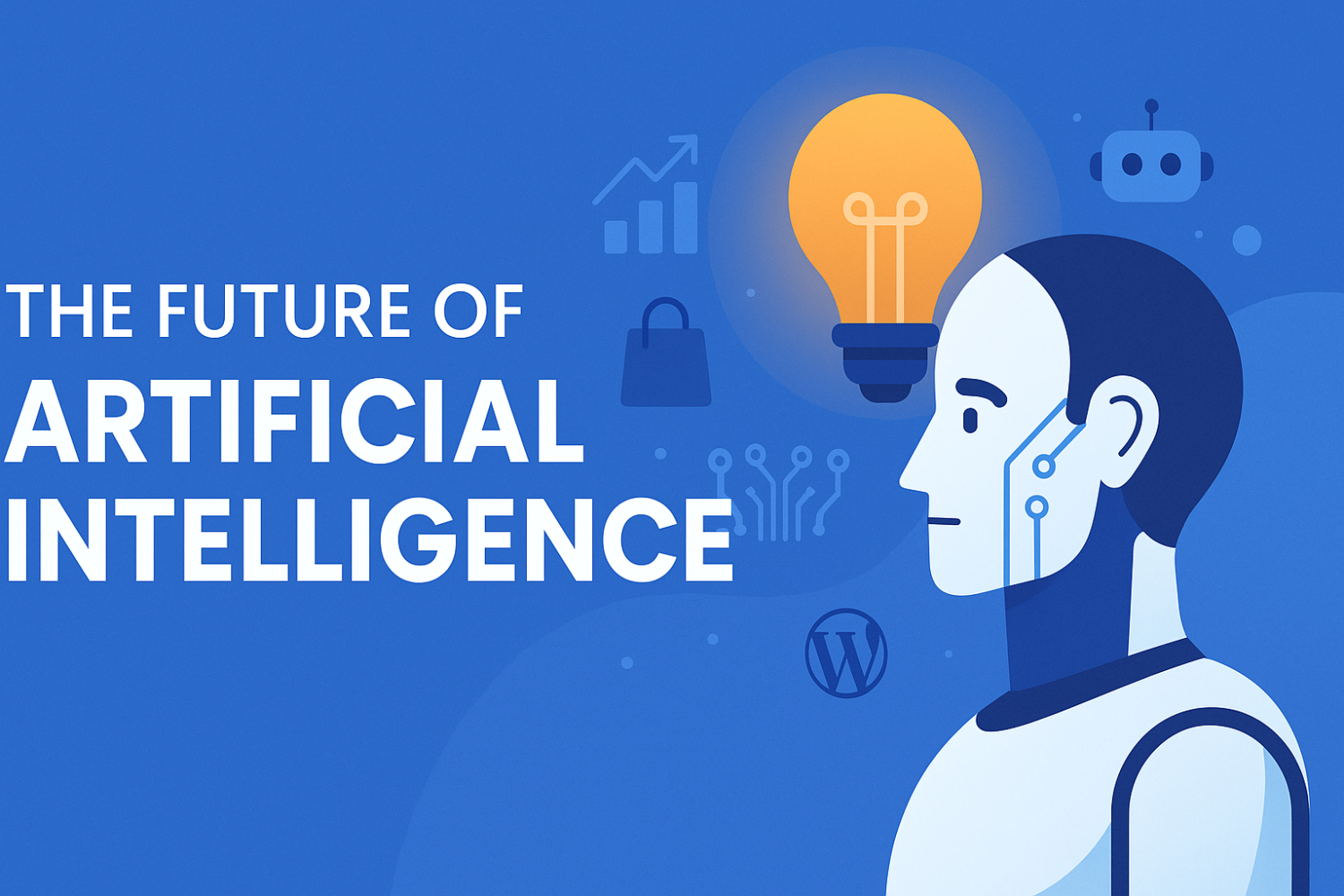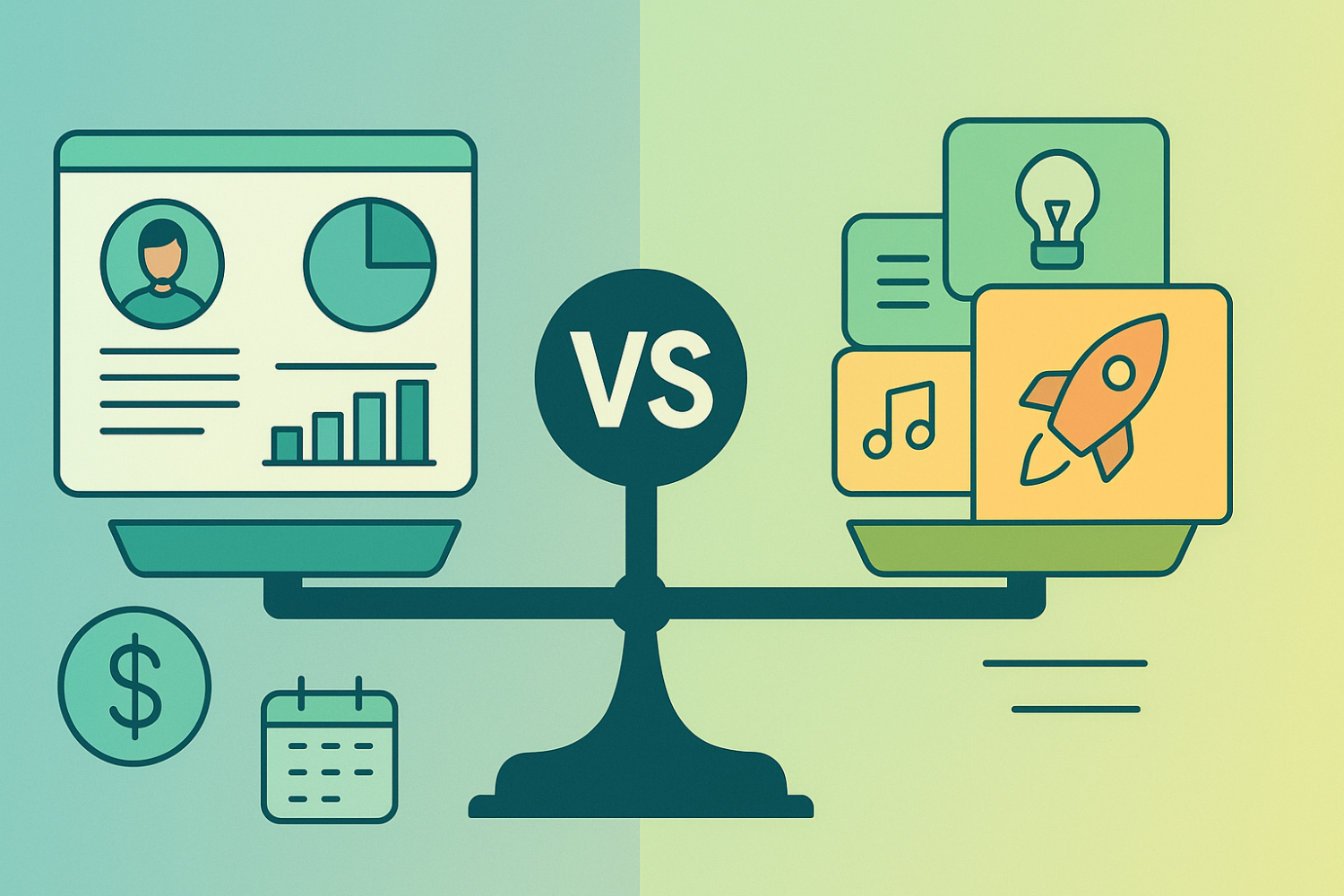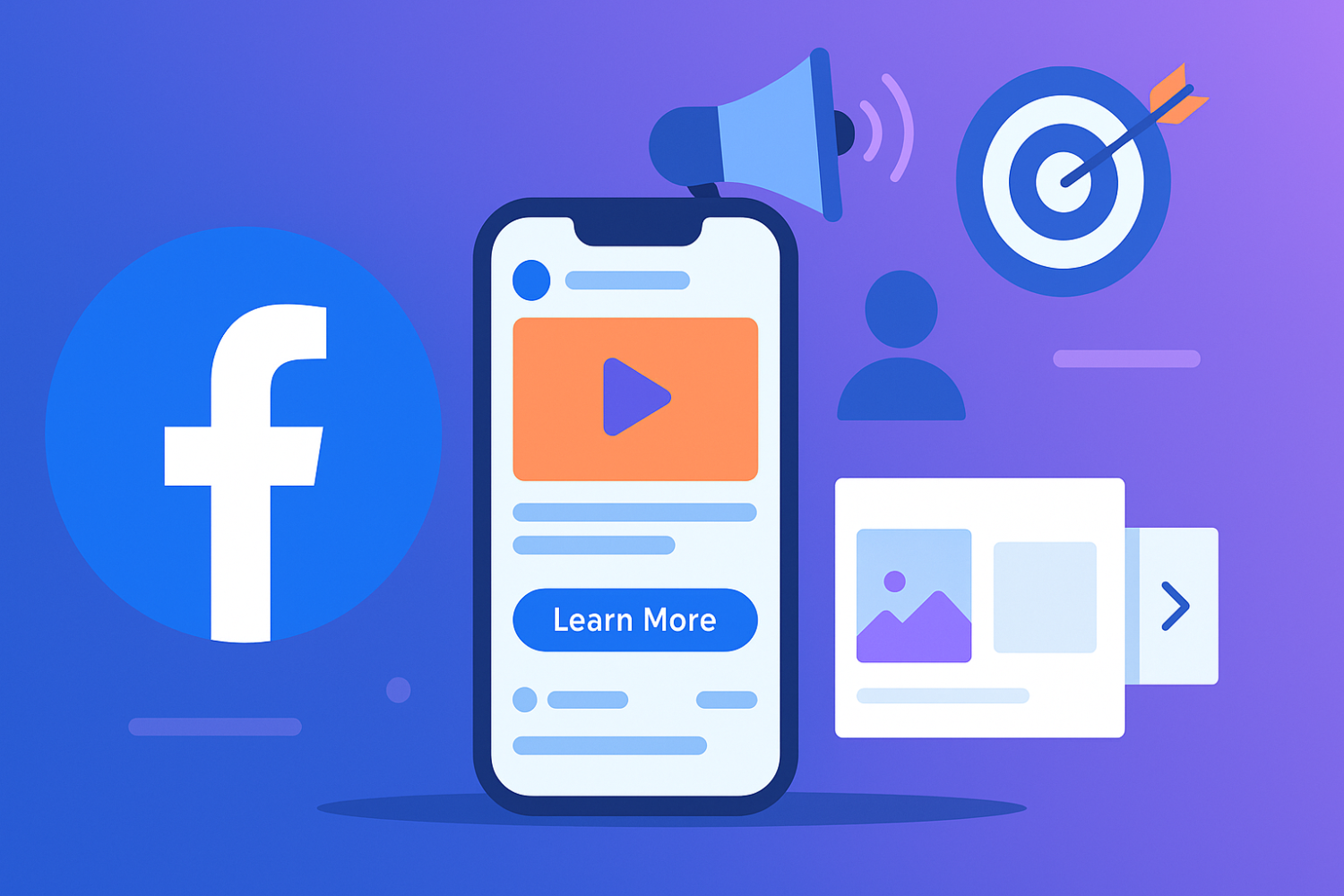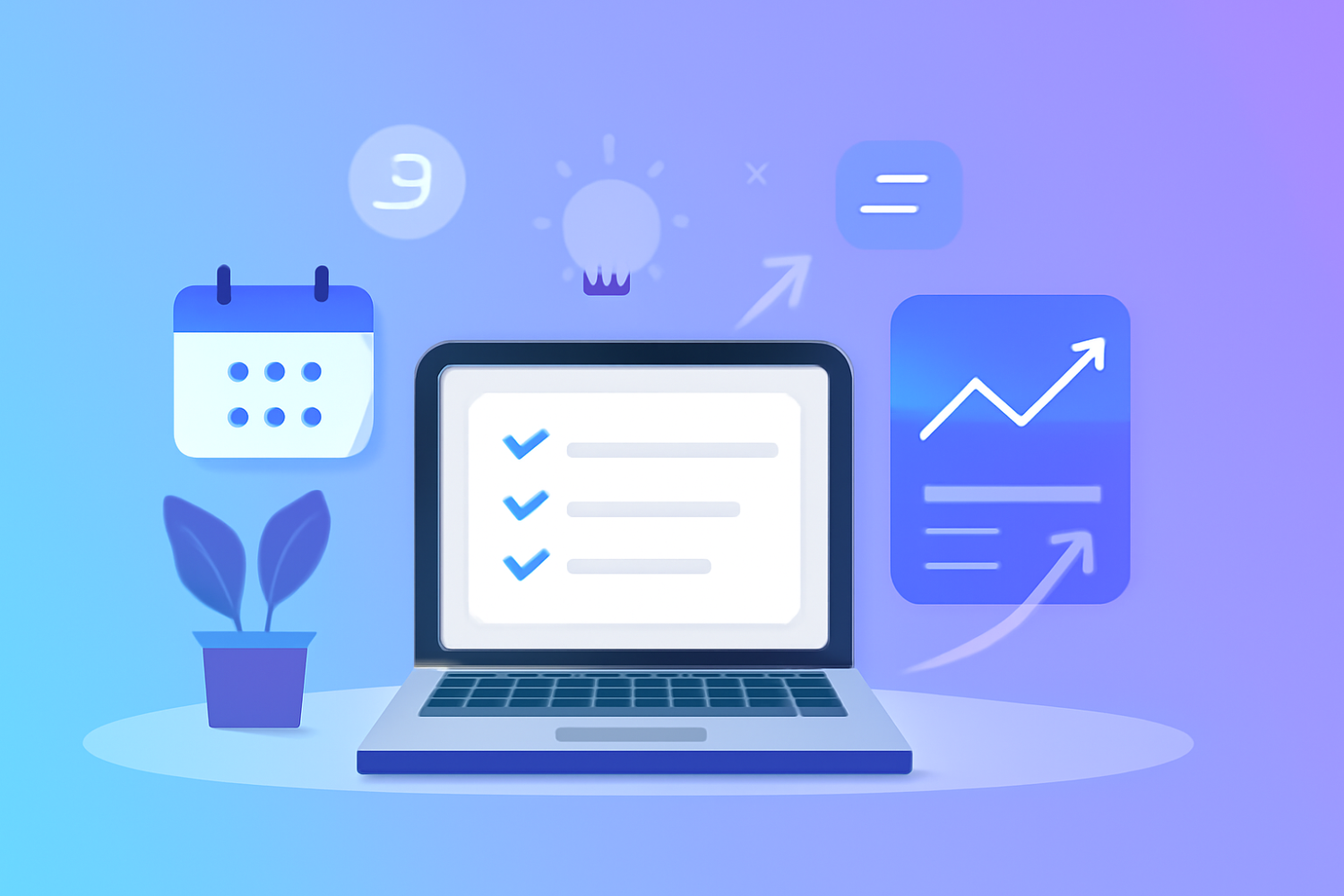Time-Saving Digital Marketing Hacks for Maximum Productivity
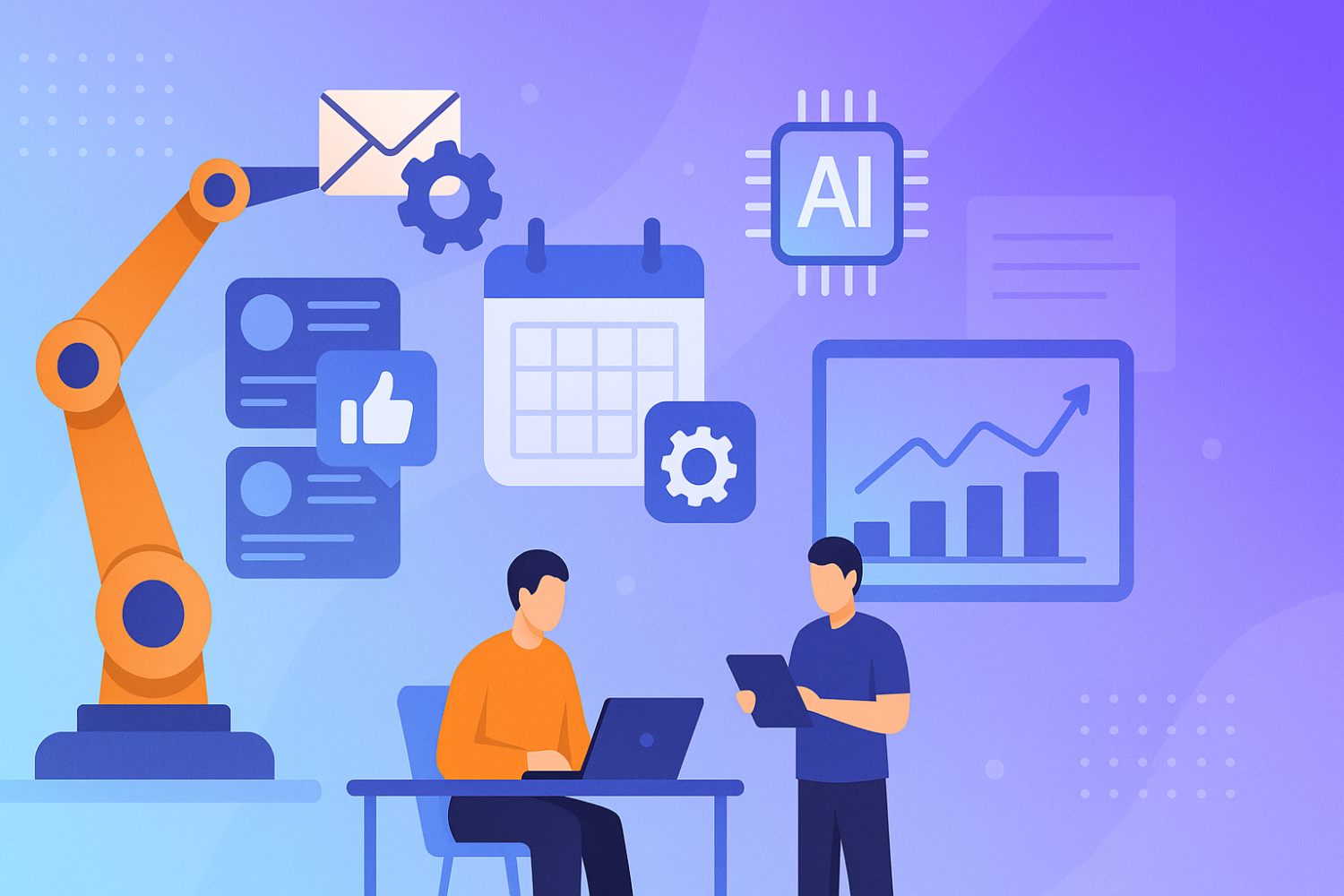
The Importance of Automation in Digital Marketing
In today’s fast-paced digital landscape, automation has emerged as a crucial component for marketers and business owners aiming to save time and enhance efficiency. By streamlining various marketing tasks, automation enables professionals to maximize their productivity while minimizing manual labor. Tasks such as social media posting, email marketing, and data analytics can be easily automated, allowing marketers to focus on more strategic initiatives and creative endeavors.
Social media automation tools, for instance, allow businesses to schedule posts in advance, ensuring that content is consistently shared across platforms without requiring daily manual input. This not only enhances visibility but also engages audiences effectively, even when marketers are occupied with other responsibilities. Similarly, email marketing platforms often come equipped with automation features that manage drip campaigns, subscriber segmentation, and response tracking. These functionalities help in maintaining communication with potential customers, nurturing leads automatically, and providing timely content delivery without overwhelming the marketer.
Moreover, data analytics is another area where automation plays a pivotal role. With Marketers often inundated by data from various channels, automating the collection and analysis of this information can significantly reduce the risk of manual errors. Automated tools can generate real-time reports and insights, empowering marketers to make informed decisions based on accurate information without dedicating excessive time to data management.
Ultimately, leveraging marketing automation not only saves time in digital marketing but also fosters consistency across campaigns. By minimizing potential mistakes and relieving marketers of repetitive tasks, automation allows creative resources to be directed towards innovative solutions and impactful strategies. The integration of productivity tools for marketers, such as automated social posting and email workflows, should be a priority for any business striving for efficiency and growth in a competitive digital environment.
Effective Content Scheduling Strategies
In the realm of digital marketing, effective content scheduling is pivotal for achieving maximum audience engagement while saving time. Implementing a well-structured content calendar not only improves workflow but also harnesses the full potential of marketing automation tools essential for modern marketers. Utilizing tools such as Buffer, Hootsuite, and CoSchedule facilitates the scheduling of posts across various platforms, ensuring that the content reaches the audience at optimal times.
Data analytics play a crucial role in determining the best times to post content. By analyzing past engagement metrics, marketers can identify peak periods when their audience is most active. This allows for strategic planning of content distribution, aligning marketing efforts with audience availability. For instance, social media engagement often peaks during lunch hours or evenings, highlighting the importance of scheduling posts to coincide with these times. By leveraging these insights, marketers can save time in digital marketing and enhance reach without extra effort.
Another effective strategy is the repurposing of content across different formats and platforms. This practice maximizes content reach without necessitating a significant increase in workload. A single blog post can be transformed into various formats, such as infographics, podcasts, or social media snippets, thus catering to diverse audience preferences. Employing this approach allows for efficient use of resources while employing time-saving marketing tips that boost overall productivity.
Furthermore, maintaining a balance between short-term and long-term content goals is essential. Establishing a mix of timely, relevant posts alongside evergreen content ensures a continuous flow of engagement. By strategically employing productivity tools for marketers, teams can efficiently manage their schedules, iterate on content ideas, and ensure their marketing strategies align with overarching business objectives.
Leveraging AI Tools for Enhanced Marketing Efficiency
The digital marketing landscape is rapidly evolving, and marketers are increasingly turning to artificial intelligence (AI) tools to gain a competitive edge and improve overall efficiency. These advanced tools provide innovative solutions that streamline various aspects of marketing, from customer engagement to content generation and predictive analytics. By adopting relevant AI technology, businesses can save time in digital marketing, allowing them to focus on strategic initiatives that drive growth.
One of the most significant applications of AI in marketing is in customer engagement. Tools like chatbots can automate customer interactions, providing instant responses to queries and enhancing user experience. This not only saves valuable time for marketers but also ensures that customers receive timely assistance, thereby improving satisfaction and loyalty. Moreover, AI-driven analytics platforms can analyze customer behavior patterns, helping marketers develop more personalized outreach strategies based on insights gathered from these interactions.
Content generation is another area where AI tools have proven invaluable. With the use of natural language processing (NLP) algorithms, marketers can generate high-quality content quickly, whether it be for blog posts, social media updates, or email campaigns. These tools can analyze trending topics and suggest relevant content ideas, ensuring that marketers always have new material to engage their audience while significantly reducing the time spent on content creation.
Additionally, predictive analytics powered by AI can offer valuable foresight into market trends, enabling marketers to make informed decisions based on data-driven insights. By leveraging these insights, businesses can refine their marketing strategies, allocate resources more efficiently, and anticipate customer needs before they arise.
Selecting the right AI tools that align with your specific marketing objectives is critical. By integrating effective productivity tools for marketers into existing workflows, companies can enhance decision-making processes and ultimately improve marketing outcomes. These digital marketing hacks position businesses to achieve their goals while effectively managing their time and resources.
Measuring Productivity and Performance
To effectively gauge the success of digital marketing hacks, it is essential to establish a comprehensive framework for measuring productivity and performance. This involves identifying key performance indicators (KPIs) that align with your marketing goals. Common metrics include website traffic, conversion rates, customer engagement levels, and return on investment (ROI). By monitoring these KPIs, marketers can gain valuable insights into the effectiveness of various time-saving marketing tips and online marketing tricks they have implemented.
In the realm of marketing automation, tools like Google Analytics, HubSpot, and Marketo can be invaluable for tracking progress. These platforms offer robust analytics capabilities, allowing marketers to analyze user behavior, campaign performance, and overall productivity. Regularly reviewing analytics data can help identify trends and spot areas for improvement, ensuring that marketing efforts remain aligned with business objectives. The utilization of productivity tools for marketers can further enhance this process by automating data collection and reporting, thereby saving time in digital marketing initiatives.
Moreover, it is critical to adopt an iterative approach to marketing strategies. This entails continually assessing the effectiveness of digital marketing hacks and making data-driven adjustments as necessary. For instance, if a particular campaign underperforms, marketers should not hesitate to pivot or modify their approach based on the data they have gathered. This continuous improvement ethos promotes a cycle of refinement, allowing marketing teams to stay agile in a rapidly evolving digital landscape.
Ultimately, measuring productivity and performance requires a conscious effort to analyze results and implement ongoing enhancements. By establishing clear KPIs, leveraging automation tools for efficient tracking, and remaining flexible to changes based on insights, marketers can optimize their strategies, thereby maximizing productivity in their digital marketing efforts.
